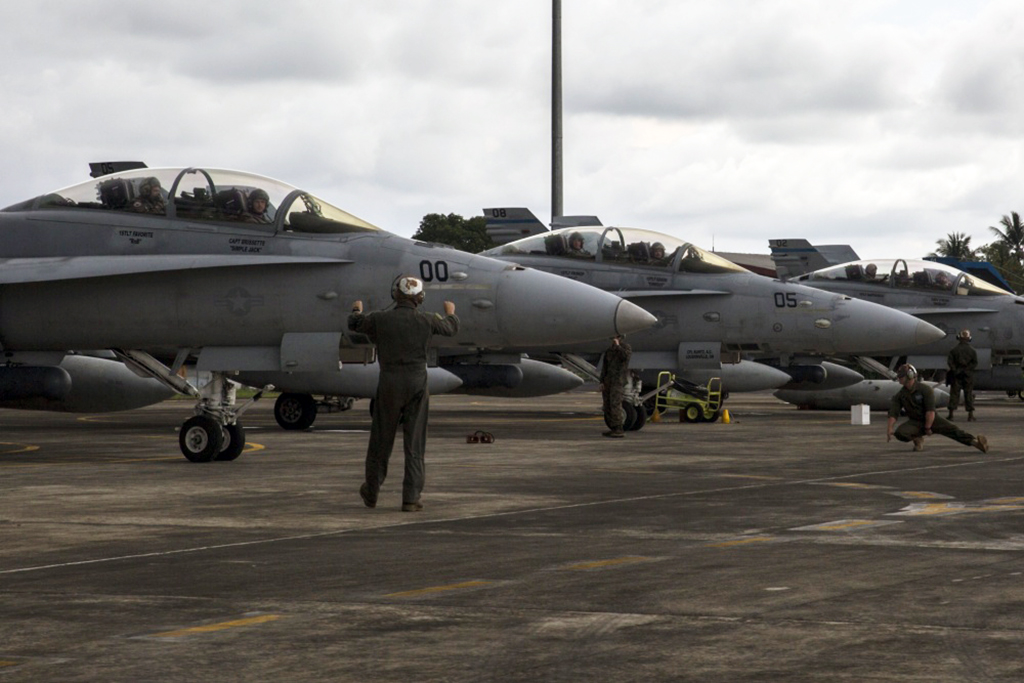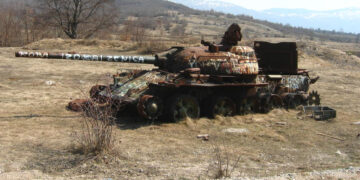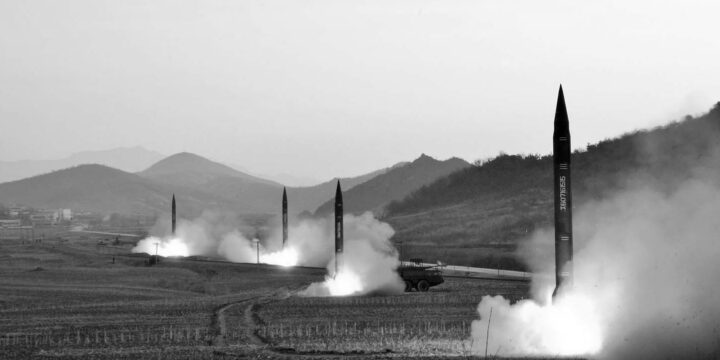November 5, 2024
Air Force Leaders Are Right to Rethink NGAD

Late last month, Israel executed a three-round airstrike campaign on Iranian military targets in retaliation for Tehran’s ballistic missile attack some three weeks earlier. Approximately 20 Iranian military sites were hit, and the Israeli government of Prime Minister Benjamin Netanyahu boasted about its success after the operation concluded. According to Israeli officials, Tehran’s missile production capability was severely damaged to the point in which it may take a year before Iran can rebuild it. (Iran still has hundreds of ballistic missiles.)
The Iranian government largely played down the attack. Iranian military officials insisted the Israeli strikes caused only limited damage. Iran’s supreme leader, Ayatollah Ali Khamenei, delivered a speech in which he said the Israeli attack shouldn’t be “exaggerated or downplayed,” deliberately vague phrasing that was likely meant as a placeholder as his government debated what to do next.
The rhetoric from Iran, however, has gotten noticeably more violent in the days since Khamenei gave that speech. On Thursday, Gen. Ali Fadavi, the second in command of Iran’s elite Islamic Revolutionary Guard Corps, told Iranian media that there would be a definite Iranian response. An official in the supreme leader’s office offered more fire-breathing invective. Khamenei, who a few days prior was telling people not to overreact, apparently had a change of heart over the weekend, vowing a “crushing response” against either Israel or the United States.
Read article in The Chicago Tribune
Author

Daniel
DePetris
Fellow
More on Middle East

By Daniel Davis
December 20, 2024

Featuring Dan Caldwell
December 17, 2024






